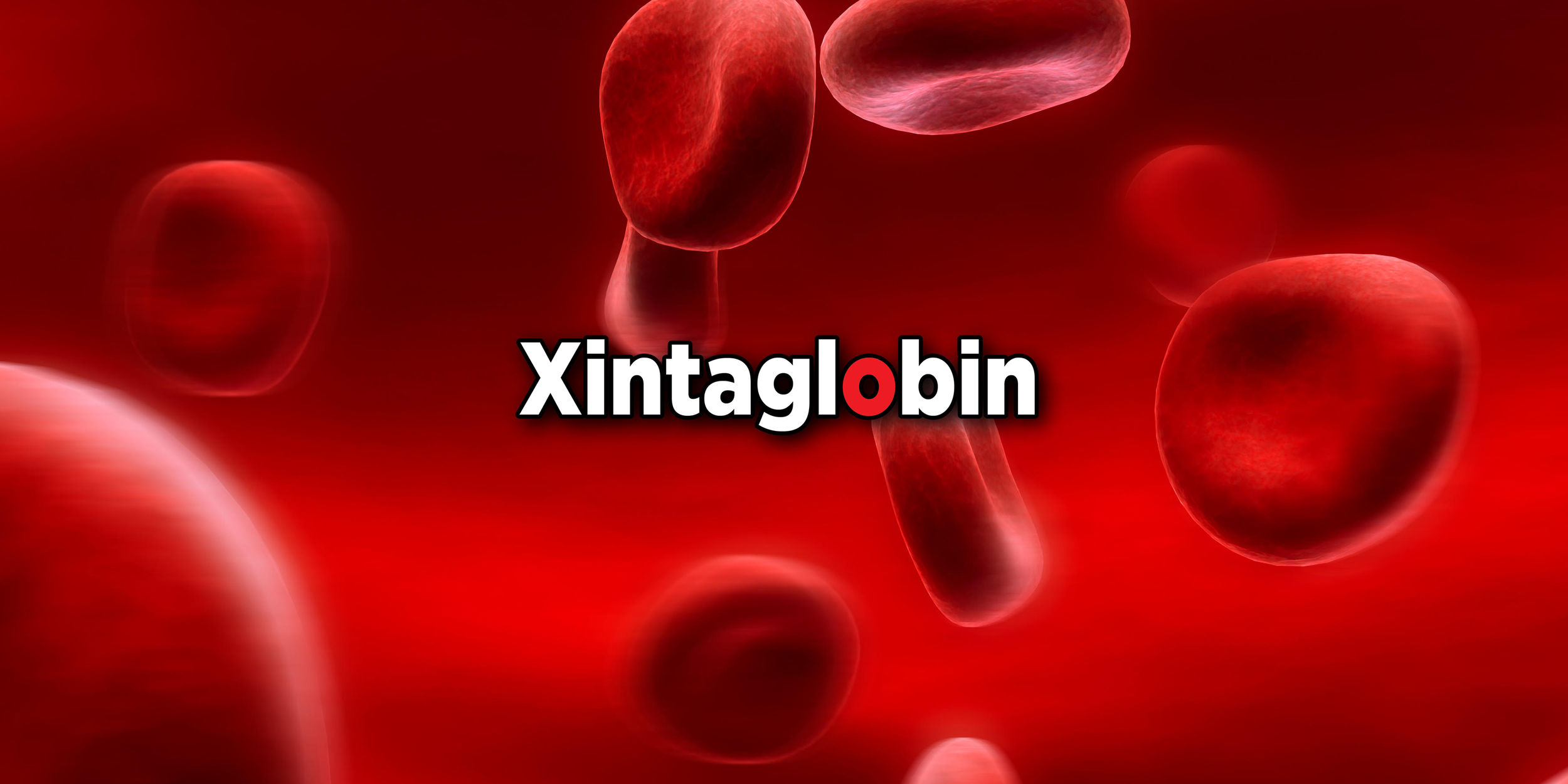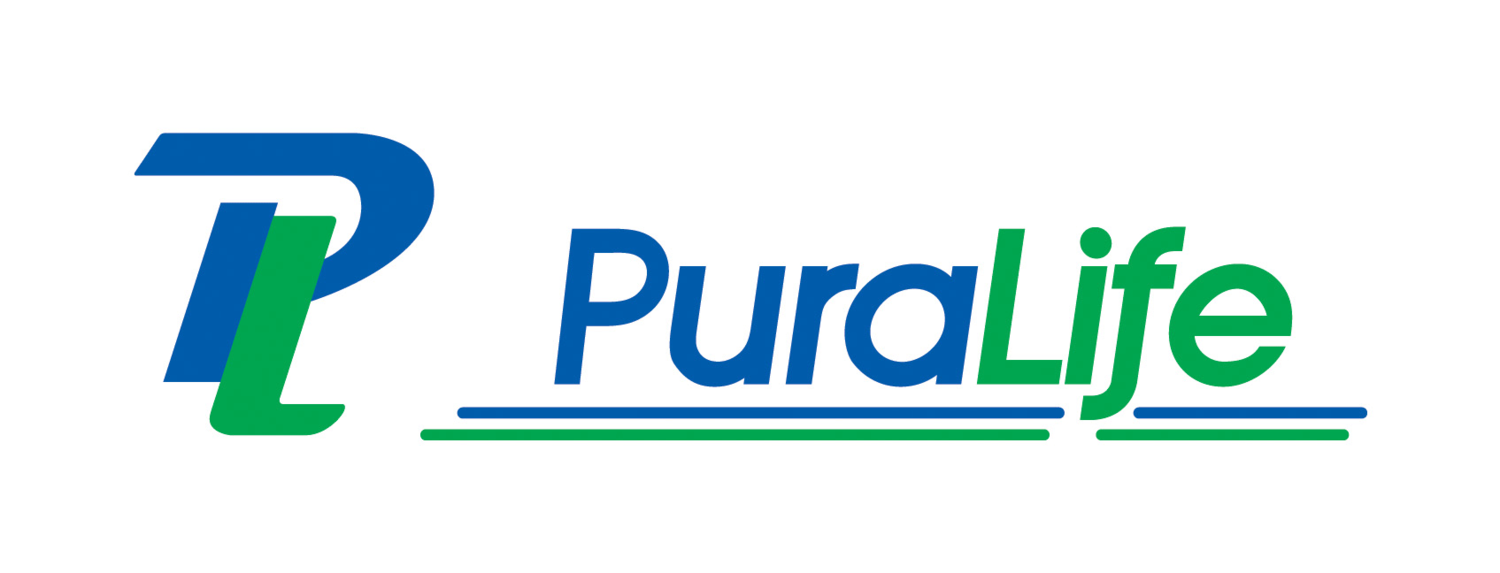
Xintaglobin is formulated with (Iron Bis-Glycinate), which is an iron supplement that is gentle on the stomach with fewer gastrointestinal tract side effects (Constipation, Nausea, Abdominal discomfort)
Iron Bis-Glycinate provides improved iron absorption and hemoglobin levels compared to other iron sources
Understanding Anemia
Anemia is a condition in which there is a low count of healthy Red Blood Cells (RBCs) that carry oxygen from the lungs to the body's tissues. Anemia can be due to:
A condition present at birth (congenital) or to a condition developed through lifetime (acquired).
The body doesn't make enough red blood cells.
The body destroys red blood cells.
Loss of blood cells at a higher rate than they can be replaced.
Functions of Red Blood Cells (RBCs):
RBCs contain hemoglobin, which gives the blood its red color.
Hemoglobin enables RBCs to carry oxygen from the lungs to all parts of the body and to carry carbon dioxide from other parts of the body to the lungs to be exhaled.
Most blood cells, including RBCs, are produced by the bone marrow.
To produce hemoglobin and RBCs, the body needs Iron, Vitamin B12, Folate, and other nutrients.
Anemia Causes & Complications
Causes:
Pregnancy.
Menstruation.
Lack of certain vitamins and minerals.
Intestinal disorders.
Complications:
Pregnancy complications.
Extreme fatigue.
Heart problems.
Anemia in pregnancy
Several types of anemia can develop during pregnancy:
Iron-deficiency anemia.
Folate-deficiency anemia.
Vitamin B12 deficiency anemia.
Severe or untreated iron-deficiency anemia during pregnancy can increase the risks of:
A preterm or low-birth-weight baby.
A blood transfusion (if a significant amount of blood is lost during giving birth).
Postpartum depression.
A baby with anemia.
A child with developmental delays.
Untreated Folate deficiency can increase the risks of:
Preterm or low-birth-weight baby.
Baby with a serious birth defect of the spine or brain (neural tube defects).
Treatments of anemia in pregnancy:
Iron and Folic acid supplementation is recommended.
Vitamin B12 supplementation.
Eating Meat, Eggs, Dairy products etc.
Preventing anemia in pregnancy
Getting enough iron and eating well-balanced meals rich in iron.
Lean red meat, poultry, and fish.
Leafy, dark green vegetables (e.g., spinach, broccoli, and kale).
Iron-enriched cereals and grains.
Beans, lentils, and tofu.
Nuts and seeds.
Eggs.
Essential nutrients during pregnancy
Iron: Involved in oxygen transportation, energy production, immune activity, hormone production, and DNA.
Folate/Folic Acid: One of the B vitamins that helps the body to make new cells, including RBCs.
Vitamin B12:
Required to make RBCs and is essential for the baby’s neural tube formation.
Vitamin B12 deficiency anemia usually happens when the digestive system is not able to absorb and utilize the vitamin.
Vitamin B12 deficiency can cause nerves’ damage and can negatively affect memory sharpness.
Vitamin C:
It is essential to absorb iron, which makes hemoglobin needed to make red blood cells.
Vitamin C (Ascorbic Acid) is a nutrient the body needs to form blood vessels, cartilage, muscles, and collagen in bones.
Vitamin C is also vital to the body’s tissues healing process.
Helps protect the cells against the damaging effects of free radicals.
In pregnancy, it helps the mother and baby to make collagen for the tendons, bones, and skin.
Advantages of Iron Bisglycenate over other Iron sources
Iron bisglycinate belongs to a new class of nutrients known as glycinates or bisglycinates.
Ferrous bisglycinate is claimed to have better patient compliance because it is Gentle on the stomach with less gastrointestinal tract side effects.
Ferrous bisglycinate is proven to have improved iron absorption and hemoglobin level compared to other iron sources.
Ferrous bisglycinate 25 mg is as effective as ferrous sulfate 50 mg in the prophylaxis of iron deficiency and anemia during pregnancy.
Iron Bisglycinate could be as many as 4 times more bioavailable than iron sulphate, and this type of iron also appears to have a very mild side effect profile.
Ferrous Bisglycinate & Folinic Acid for the Treatment of Anemia in pregnant women
Ferrous bisglycinate plus folinic acid (24 mg elemental iron) supplementation can improve hematological and iron blood levels in pregnant women with iron deficiency, with fewer side effects than Ferrous Fumarate (66 mg elemental iron) preparation.
Xintaglobin Capsules
It is formulated with Iron Bisglycinate (the most gentle source of iron on the stomach and the gastrointestinal tract) in combination with the essential 3 ingredients Vitamin C, Vitamin B12, & Folic Acid, which enhance Iron absorption and metabolism.
It is used to treat or prevent iron deficiency anemia, which may occur in certain health conditions (such as anemia, pregnancy, poor diet, surgery recovery).
Supplementation with Xintaglobin can improve hematological and iron levels in pregnant women.
Ingredients:
Iron (as Iron Bisglycinate): 28mg
Folic Acid: 400mcg
Vitamin C (as Ascorbic Acid): 75mg
Vitamin B12 (as Cyanocobalamin): 7.5mcg
Serving size: 1 capsule a day with a meal.
Package: 30 capsules in a pack for 1 month supply.
Made in the USA








